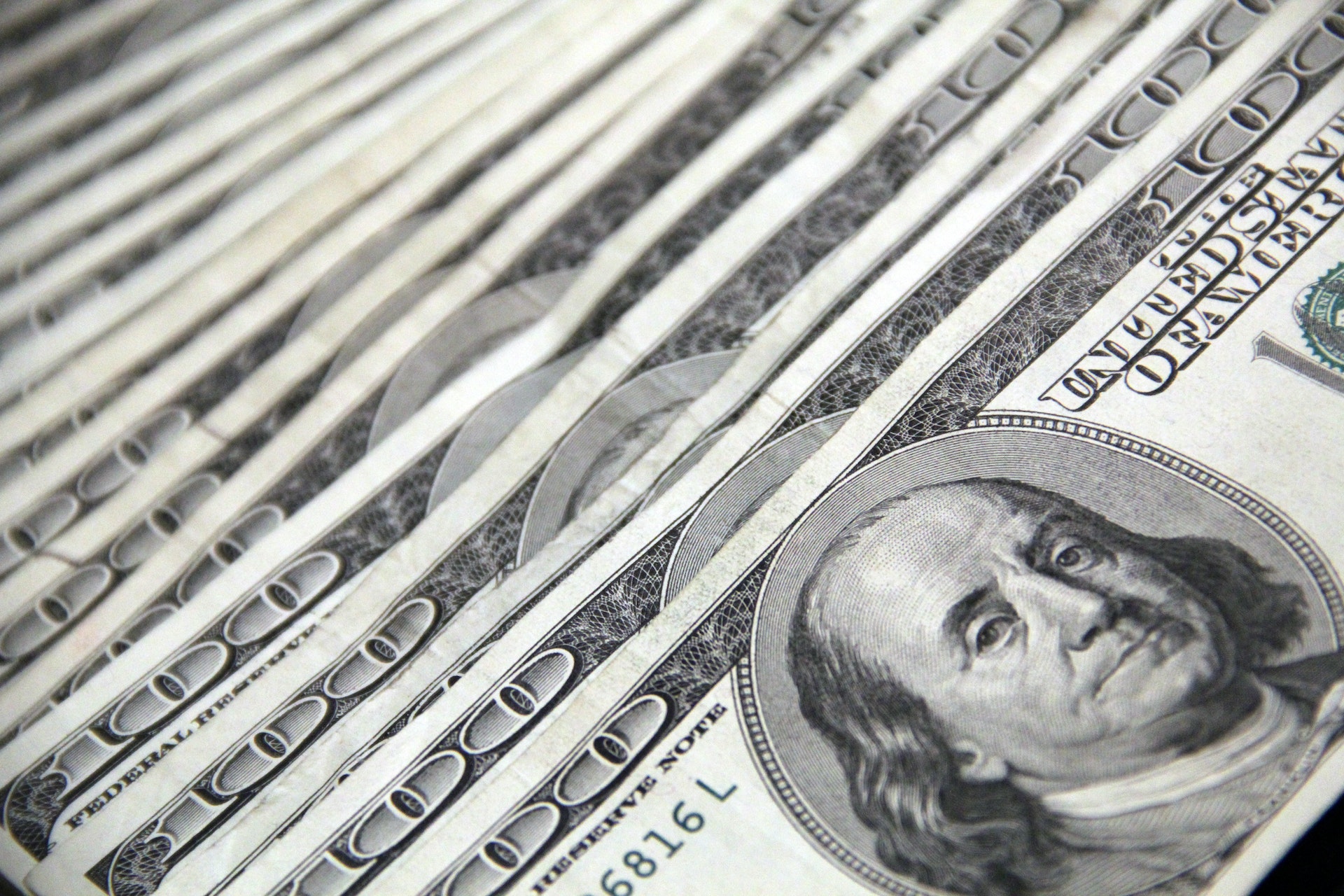Pfizer announced an agreement in principle to resolve a long running False Claims Act lawsuit against its subsidiary Wyeth for $785 million a few weeks ahead of trial. Wyeth engaged in the conduct at issue from 2001 to 2006 according to the amended complaint. Wyeth was acquired by Pfizer in 2009.
The United States intervened in the case in 2009. Roughly fifteen states and the District of Columbia also joined the case. Because the money at issue was paid out by Medicaid, both federal and state funds were involved. The federal False Claims Act is used to recover the federal portion of the payout, and the various states which have enacted False Claims Act statutes will share in the settlement due to the state funds at issue.
This will likely be one of the ten largest recoveries ever under the civil False Claims Act. The Medicaid Rebate Statute requires drug manufacturers to report their best price to the government to ensure the program is receiving the same discounts as other customers. The DOJ resolved a similar case against Merck, which also included allegations of kickbacks to doctors, for $650 million in 2008. Fierce Pharma had previously identified the potential liability for Pfizer in the Wyeth case as north of $2 billion. Pfizer already possesses one spot on the top ten list maintained by Taxpayers Against Fraud, occupying number three with its 2009 settlement paying $1 billion under the FCA. The Merck best price and kickback case currently occupies #8.
There were two whistleblowers involved in bringing the misconduct to the attention of the government in this case. One was a Wyeth employee. The other was a doctor in Louisiana. The False Claims Act offers rewards of between 15 and 30 percent of the amount recovered as a result of a FCA lawsuit. Congratulations are also in order to the whistleblower law firms which helped bring this case and the Department of Justice on a hard fought battle.
Besides the large settlement, there are a few other issues brought up by the case which are worth noting:
1. Best price cases are also possible in the Medicaid context. They aren’t limited to contracts for the purchase of office products and software, where these types of cases have been more frequently seen this decade. There was a wave of best price cases for Medicaid fraud in the 2000s and it is worth remembering that these cases are still a possibility if a pharmaceutical or medical device manufacturer is engaged in wrongdoing with its pricing and rebates.
2. Whistleblowing isn’t fast. This case is another counterexample to the critique of whistleblowers as chasing easy money. This case was brought more than a decade ago. There was a long period before the DOJ intervention announcement and an even longer period afterward as the parties waited for a judicial decision on the viability of the lawsuit.
3. Some doctors and pharmacists have great whistleblower information.
In 2009, CBS reported that the “juiciest information” in the case was contained in transcripts recorded at the request of the company by a third-party questioning pharmacists. The bundling of the products in this case was well within the information available to doctors and pharmacists at the time, but only one reported it to the U.S. Government through the False Claims Act. Some medical staff which were aware of the conduct by Wyeth likely missed out on a big reward because they did not consult an attorney and report the company’s misconduct.
For additional information about reporting health care fraud, please contact our False Claims Act attorneys.
Update: The Financial Times has reported that the doctor whistleblower in this case is set to receive approximately $59 million as a reward for information provided to the federal government. The media is also reporting that the other relator in the case was a sales representative for AstraZeneca, a competitor of Wyeth and Pfizer, and not a Wyeth employee as was indicated in the first article that I saw.


